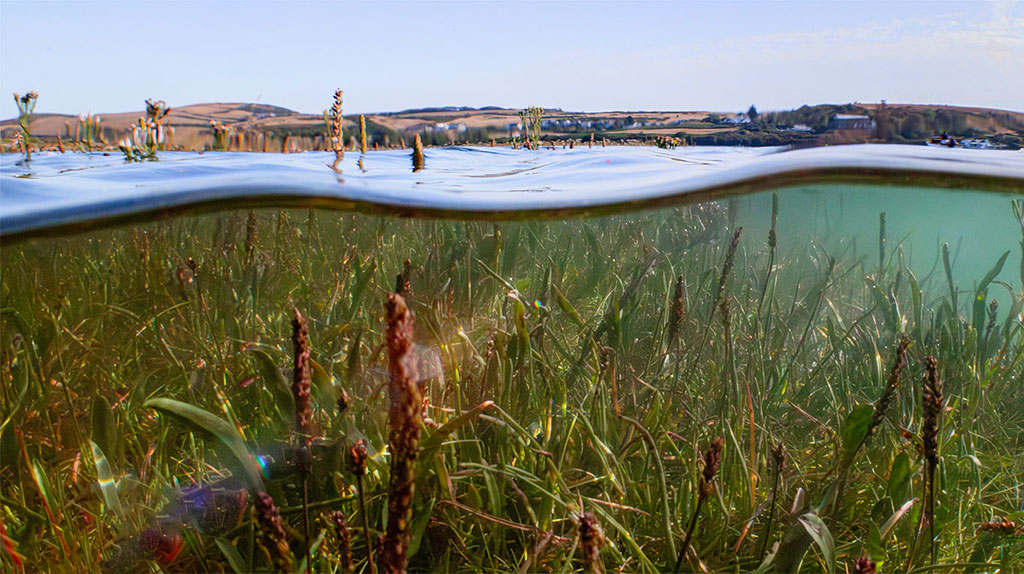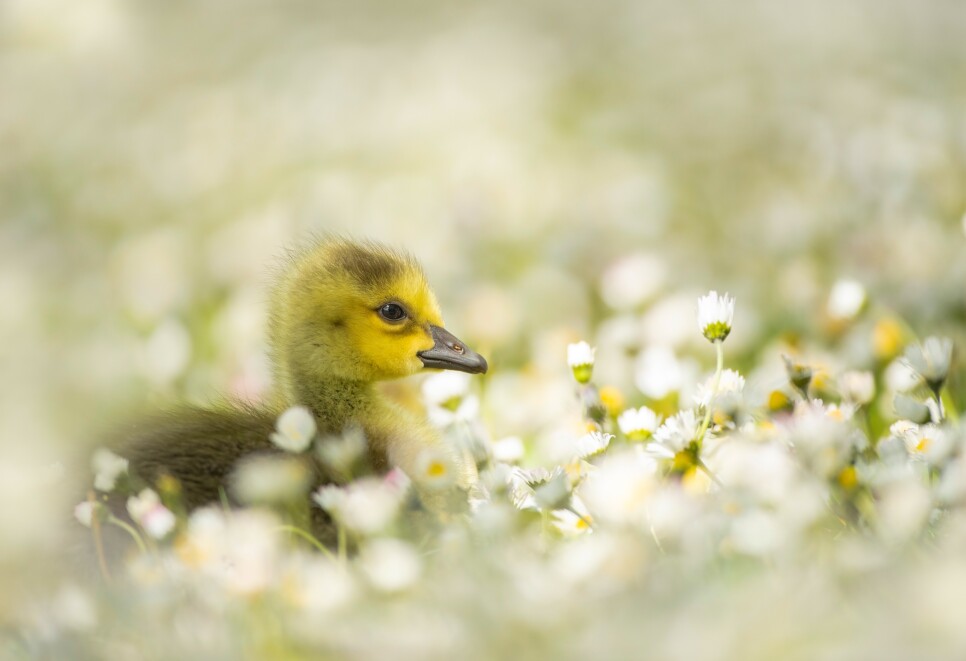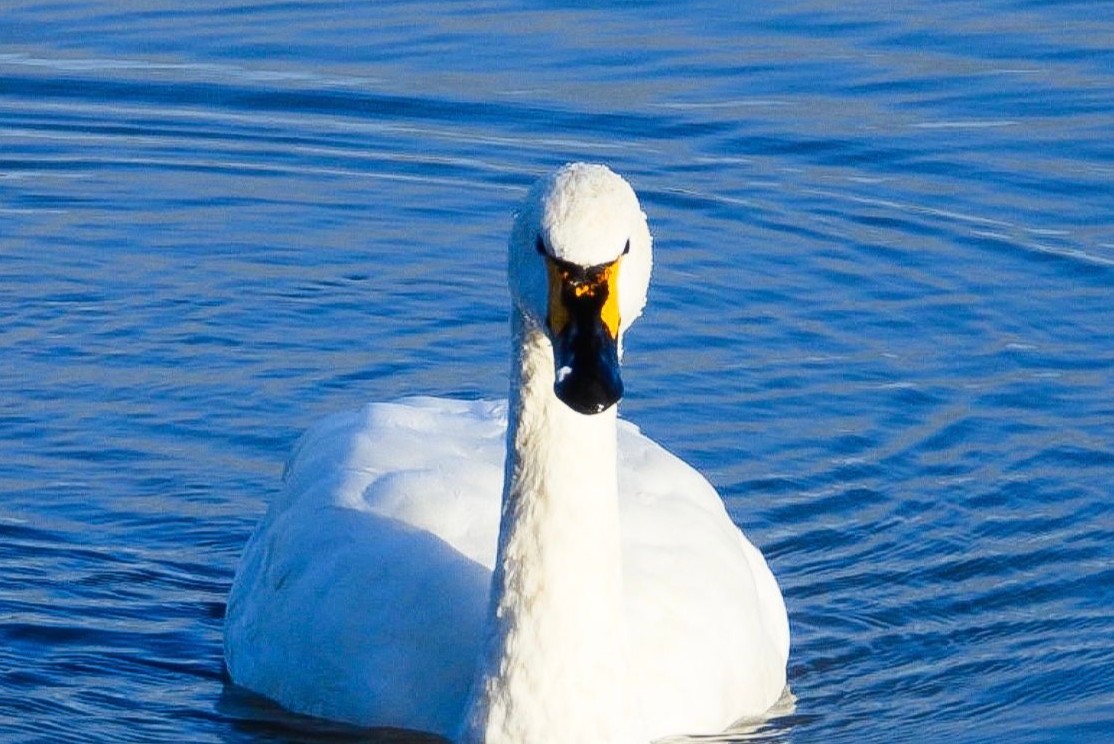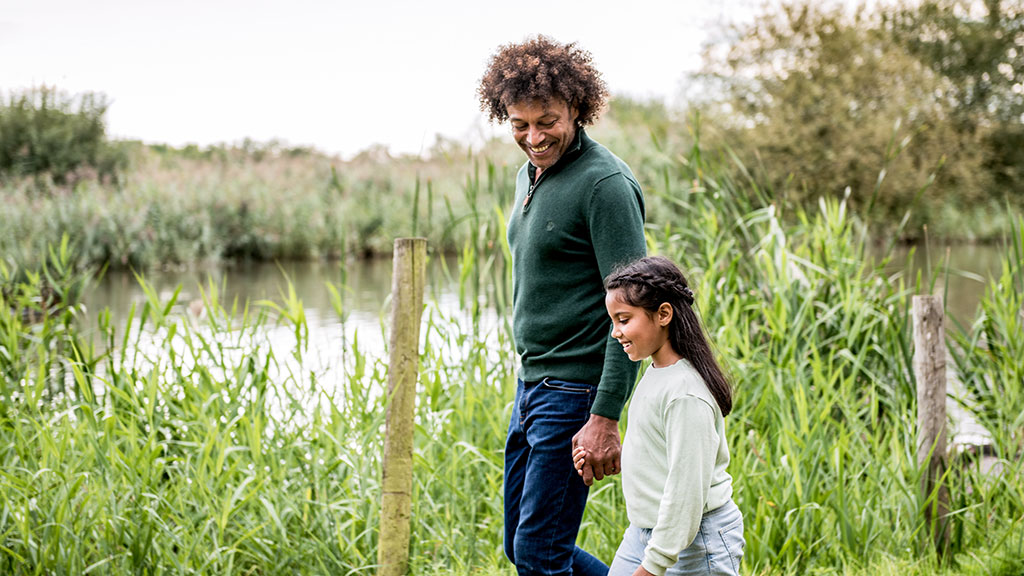England’s nature-bursting wetlands are at risk
The Government’s Planning Bill is a serious threat to some of our most precious habitats.
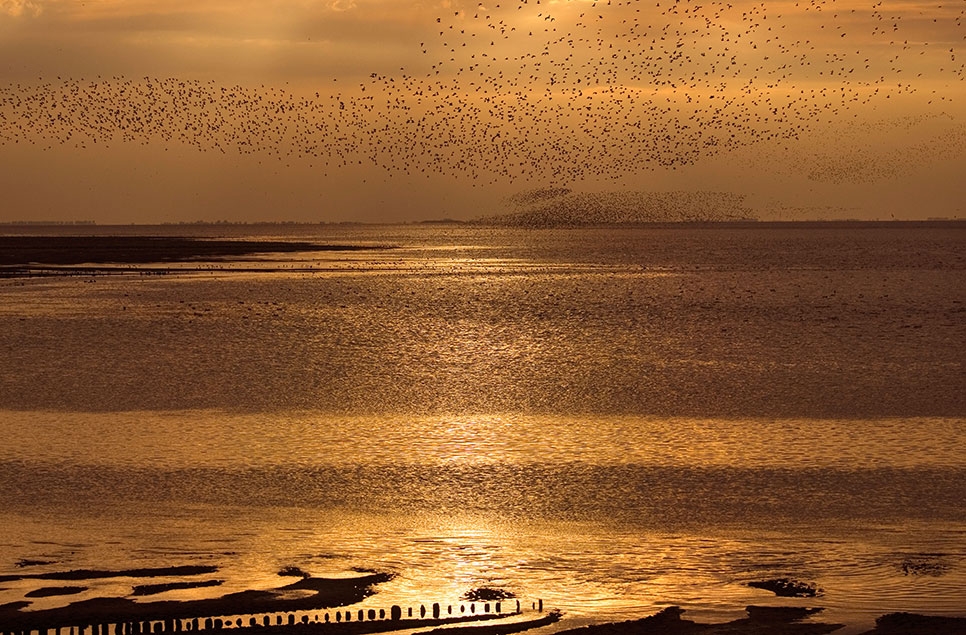
Written by Sarah Fowler, Chief Executive.
When I think about the UK’s best-loved nature – the blue flash of a kingfisher across a riverbank, dragonflies darting over a pond like jewels, or the playful otters that are making a comeback – I think about how they all rely on wetlands to survive.
These are precious but disappearing habitats. And they’re closer than you think – the rivers running through our cities, even that boggy field that you splash through on winter walks – all part of a network of wetlands, of which 75% have been lost in the last 300 years.
The loss of wetlands spells disaster for humanity. These are flood-busting, water-purifying, carbon-storing, life-giving habitats and once they’re gone, they’re gone.
Over 40% of life on Earth depends on wetlands. But this isn't just about wildlife - we rely on wetlands too. We've grown up alongside wetlands. They've been part of not just our physical lives but our spiritual ones too - water runs through our songs, our stories, the very fabric of who we are.
One step forward, and a giant leap back
50 years ago, nations from around the world came together to protect the planet’s most nature-rich wetlands at the Ramsar Convention in 1971. It was a pivotal moment – this was the first time governments joined together to sign a treaty to protect and conserve the environment.
Yet, half a century later, England’s 71 Ramsar wetlands face one of the biggest threats ever to their existence.
As it stands , the Labour government’s Planning and Infrastructure Bill could water down some of our hardest-won environmental protections and leave Ramsar sites vulnerable to being built on. Places like Tipner West in Portsmouth, home to many rare wading birds including the black-tailed godwit, and the Wash in Norfolk, one of the most important and dynamic wetlands for wildlife across the continent.
And these sites are not alone in the threat they face – from Hampshire to the Humber, some of our most precious and highly-protected wetlands are now at risk of development.
What does this mean for our blue and green spaces? What about the people that cherish these places, where they sit at the heart of community history, culture, and wellbeing? With nature’s buffer gone, how much more concrete will we have to pour to reduce flood risk and improve water quality where we live?
Nature is the builder of healthy communities – not the blocker
We can thrive side-by-side. It’s not a case of one or the other. Communities need good-quality, easily accessible blue and green spaces, and, in fact, that’s what the public wants. 71% of us support increased planning protections for these spaces. So too do ecologists, developers and charities, united in the belief that quality spaces will encourage communities to thrive. However, the government’s proposals in their current state risk worsening the housing crisis while sending nature into freefall.
When experts including Professor Partha Dasgupta, Professor David Hill and Sir John Lawton – as well as the Government’s own Office for Environmental Protection – say that the Bill as written spells disaster, they need to be taken seriously.
It doesn’t have to be this way.
Imagine if the focus was on restoring wetlands instead of destroying them. We could make space for water at the centre of every one of our communities; encouraging everyday moments of nature connection to improve wellbeing, building resilience against the impacts of extreme weather and making life prosperous in a changing world.
WWT’s founder, Sir Peter Scott, was there at the very start of the Ramsar Convention in 1971. 50 years on, WWT remains a key partner of Ramsar feeding into decision-making, including the upcoming Ramsar COP this July. All eyes will be on those attending for the UK government and – critically – our Ministers back home, because they now have a choice. They could be the party that solves the housing and nature crises together, or makes both a lot worse. The door is open, and it’s our government’s choice to walk through it or not.
WWT is waiting on the other side. Ready to lead the way. Keep an eye out on our social channels and website for how you can join us.
